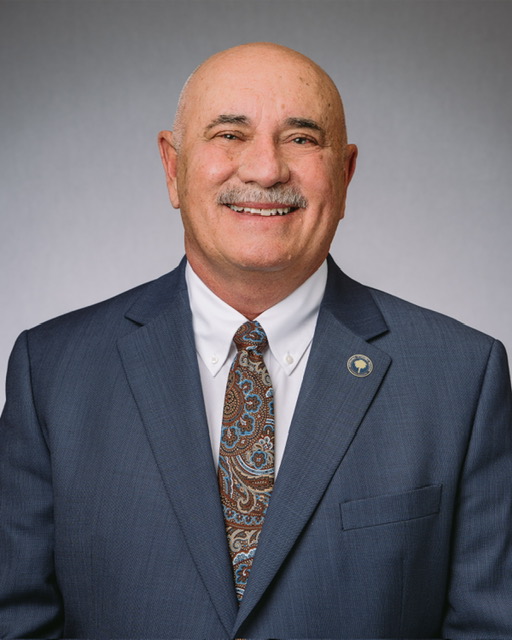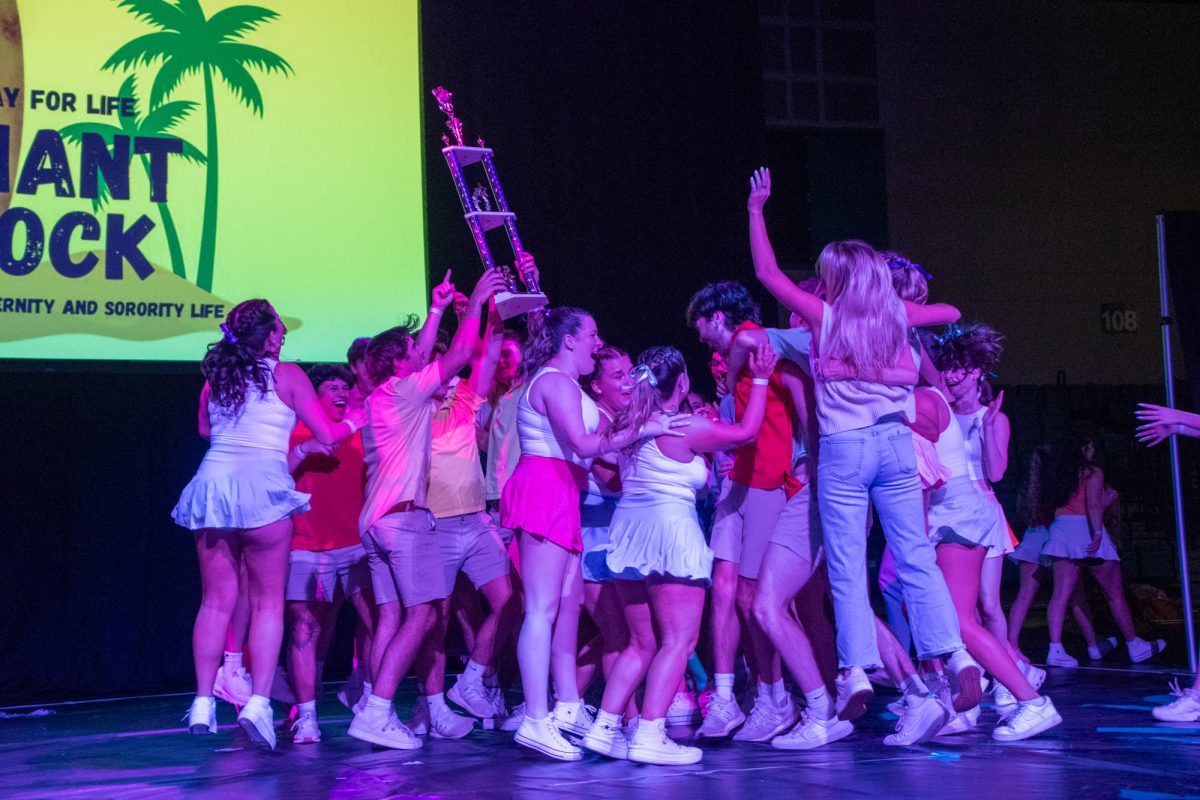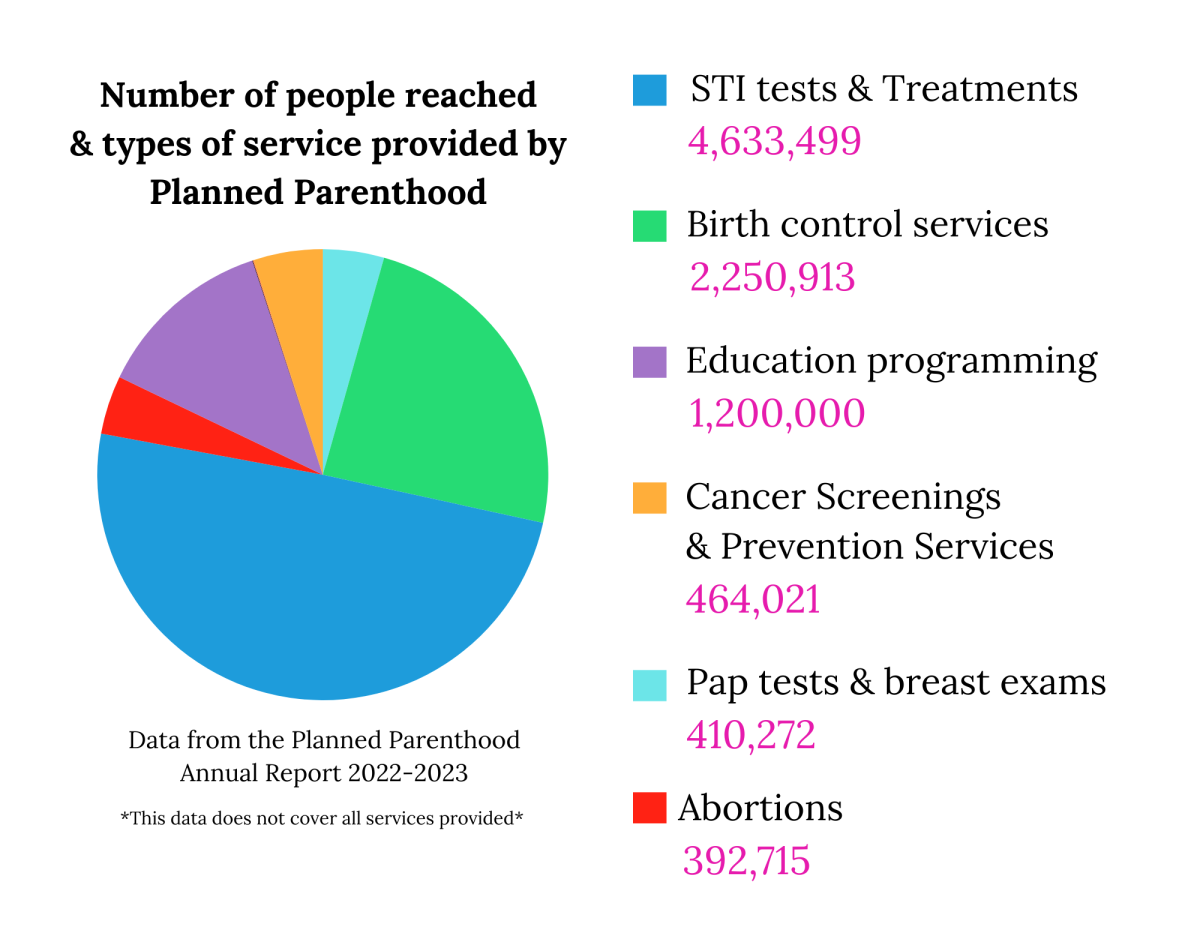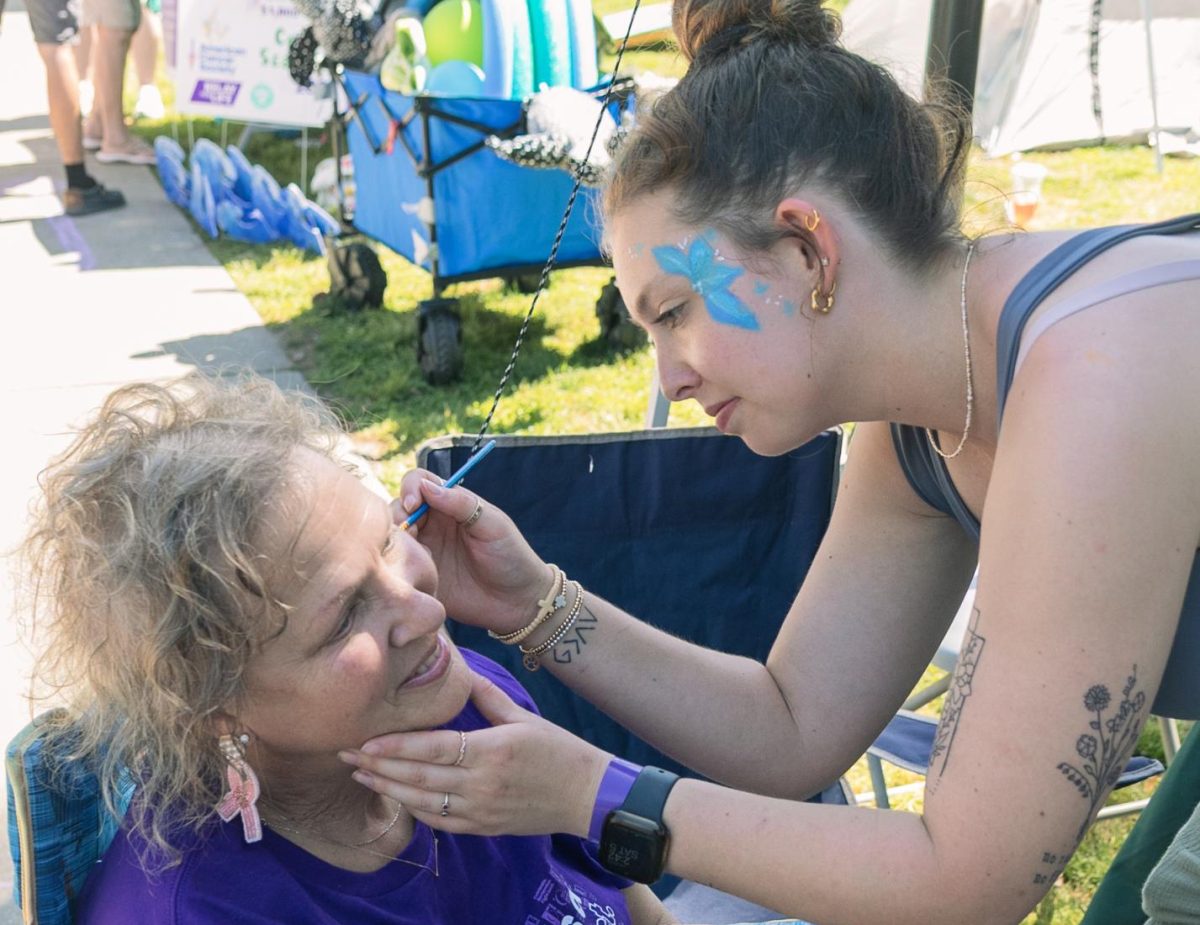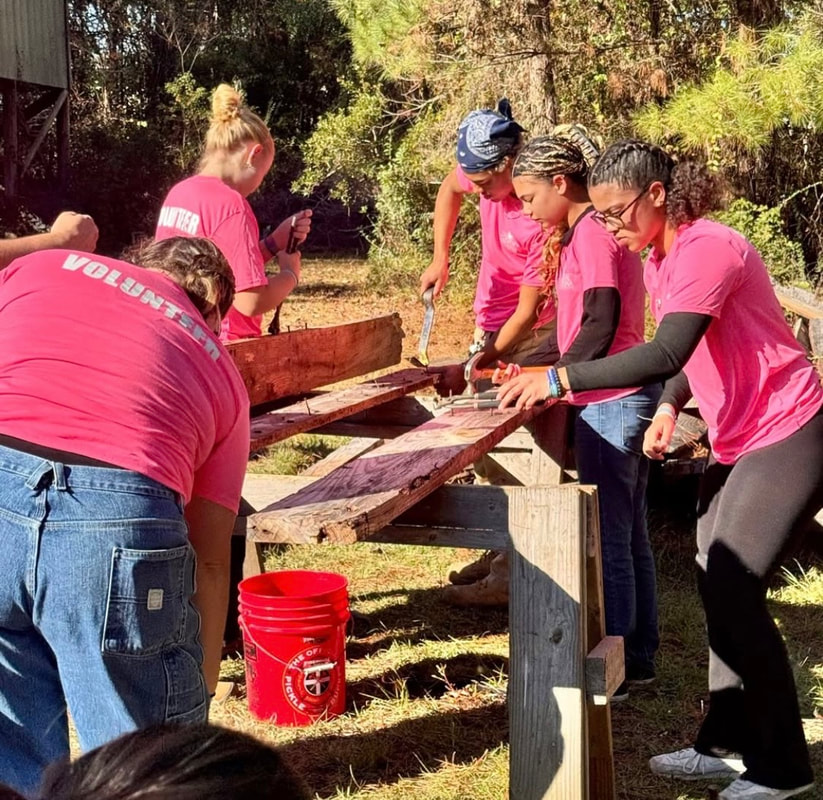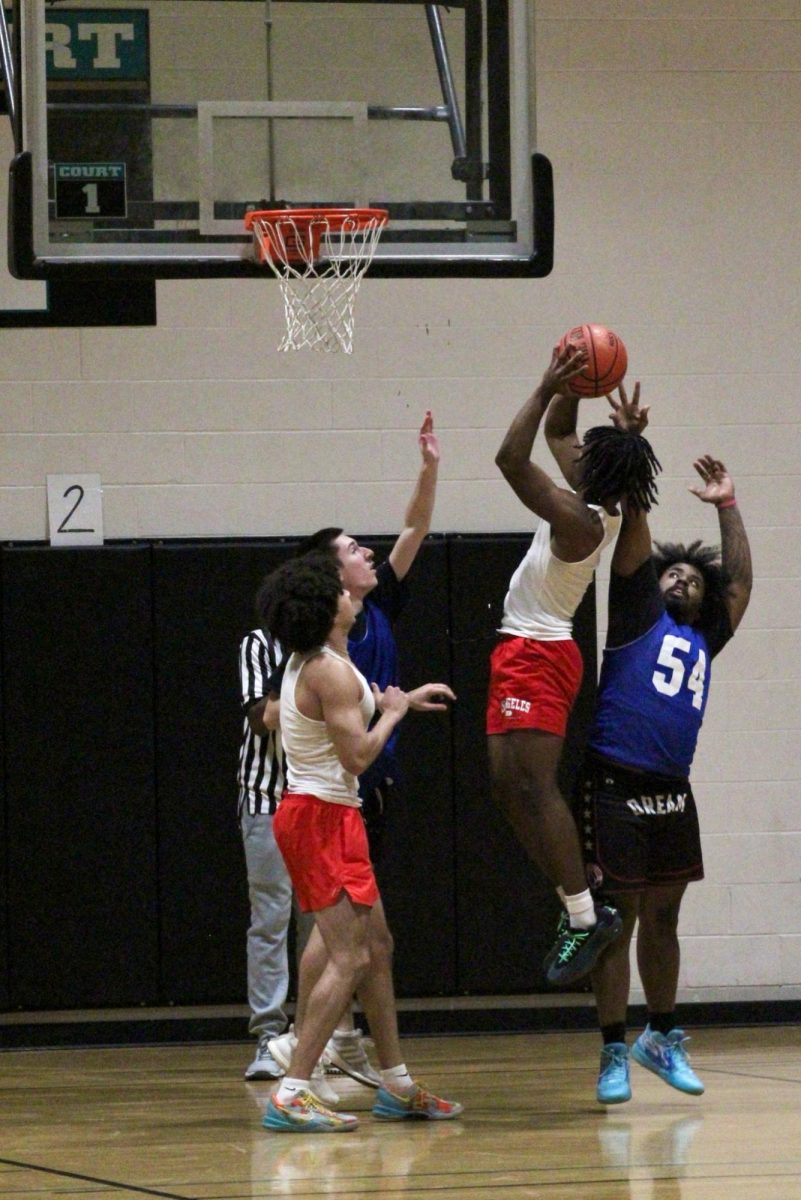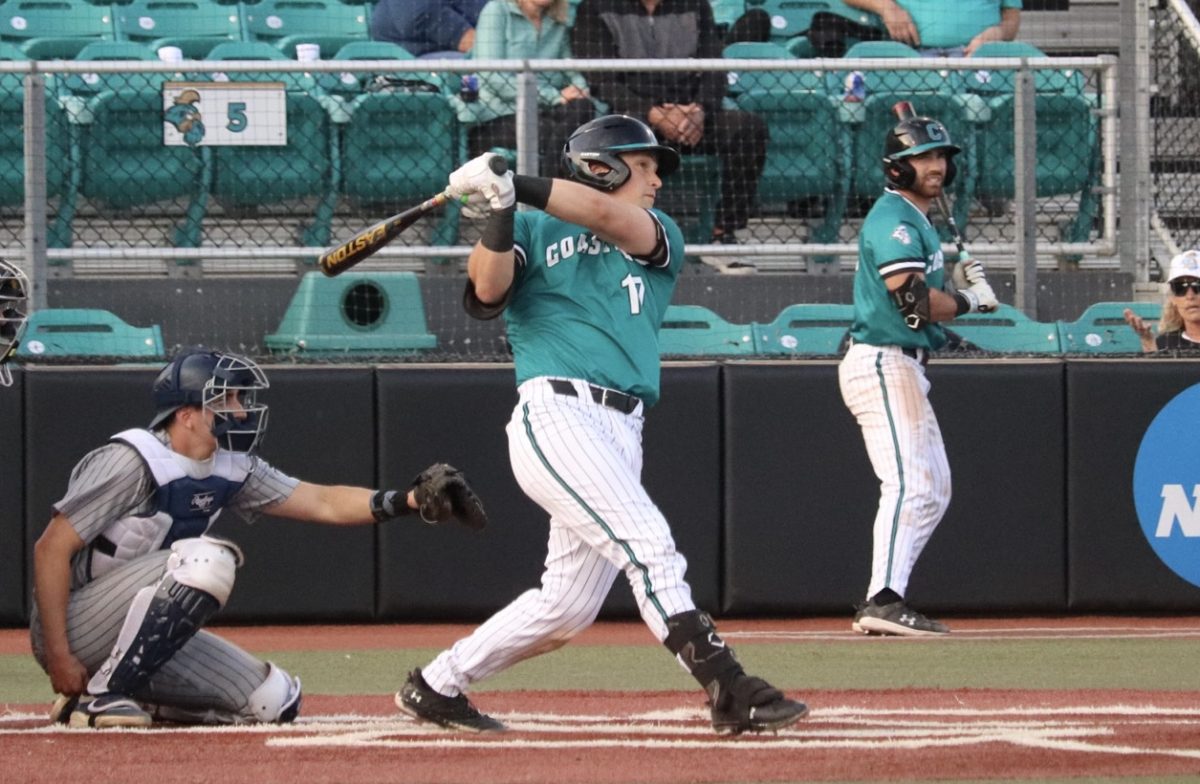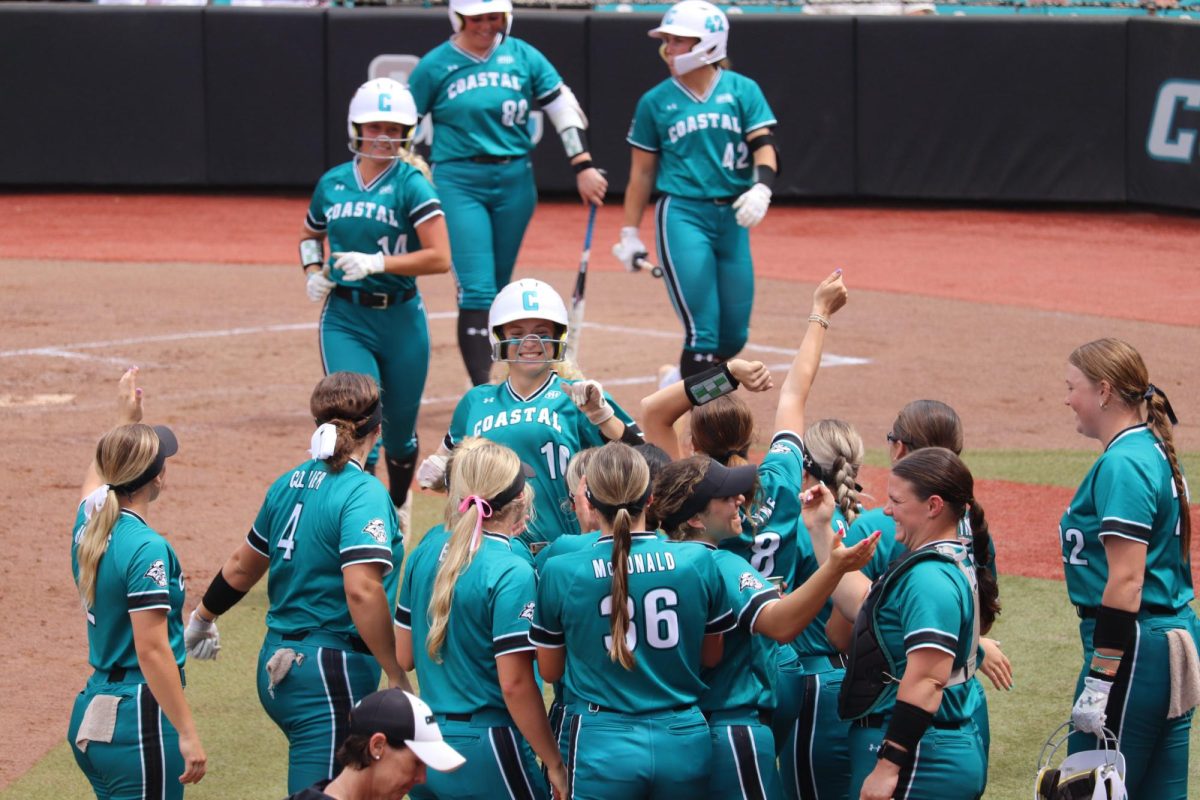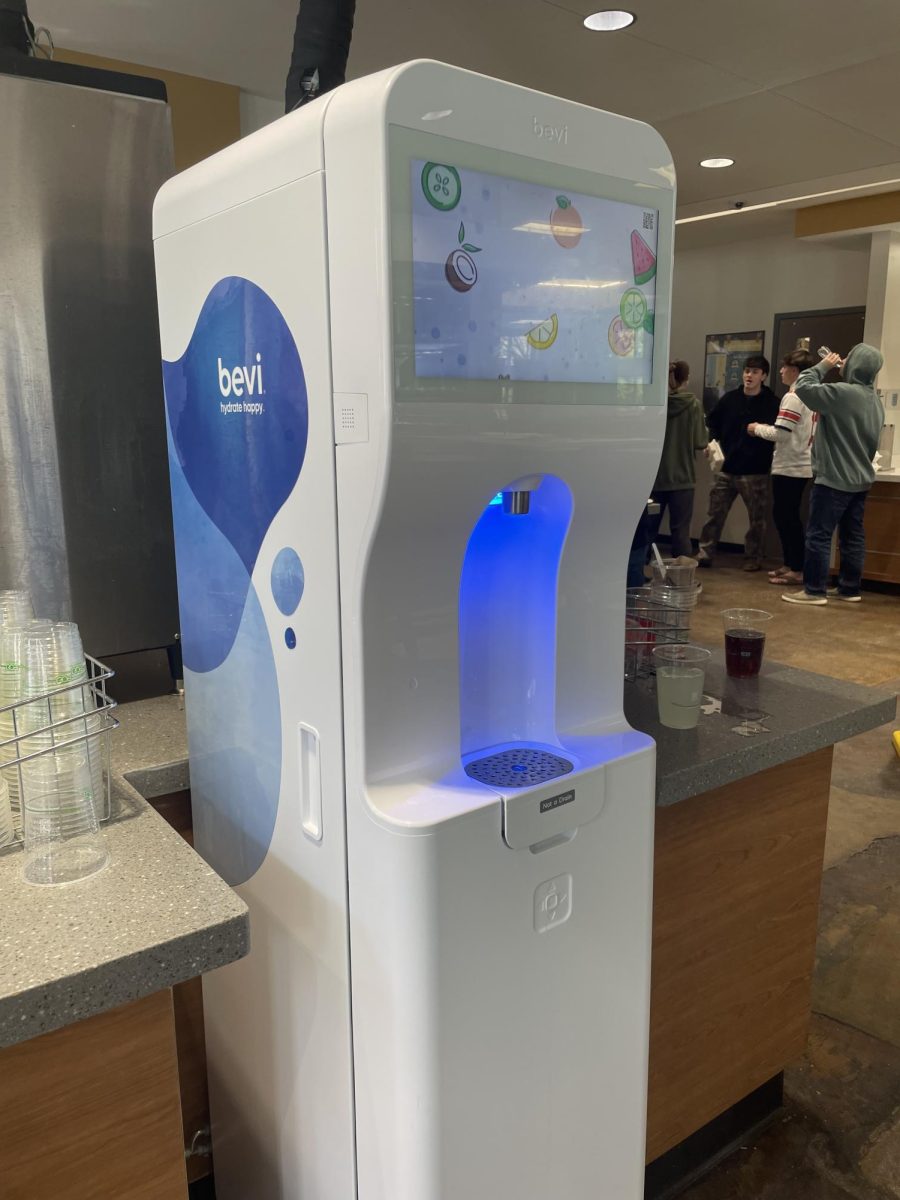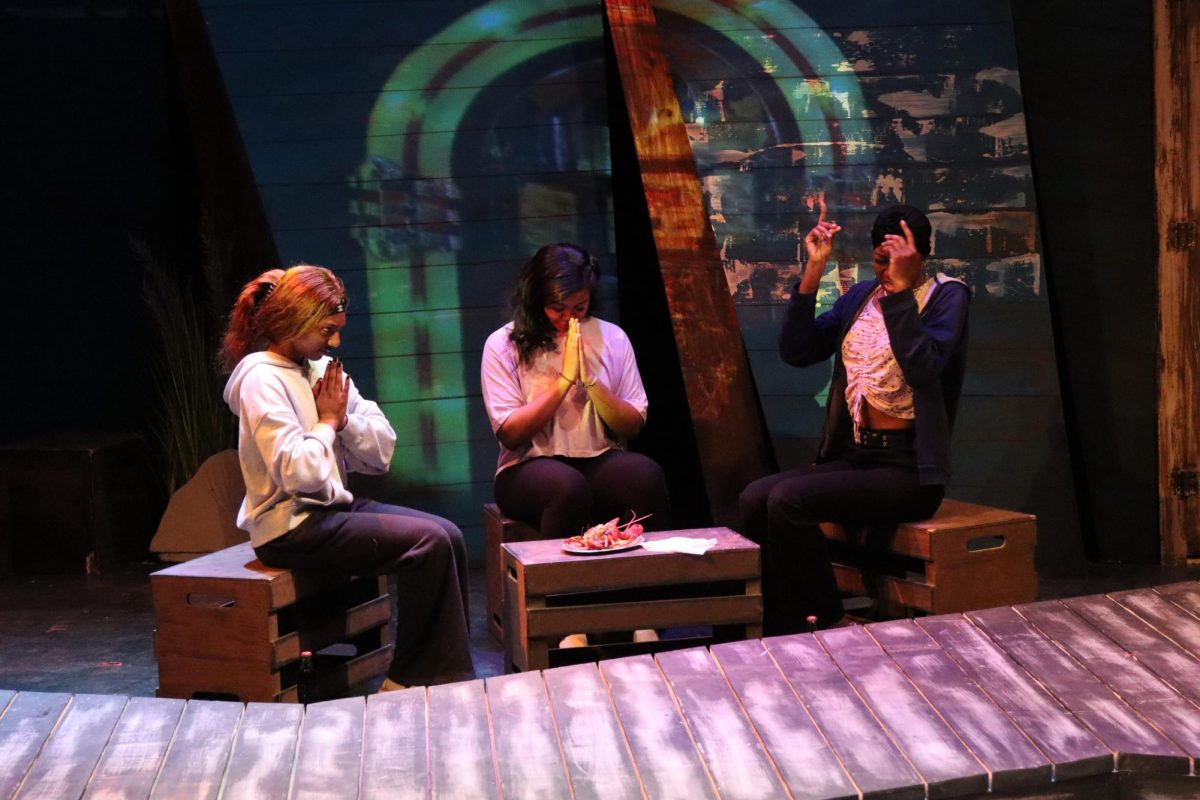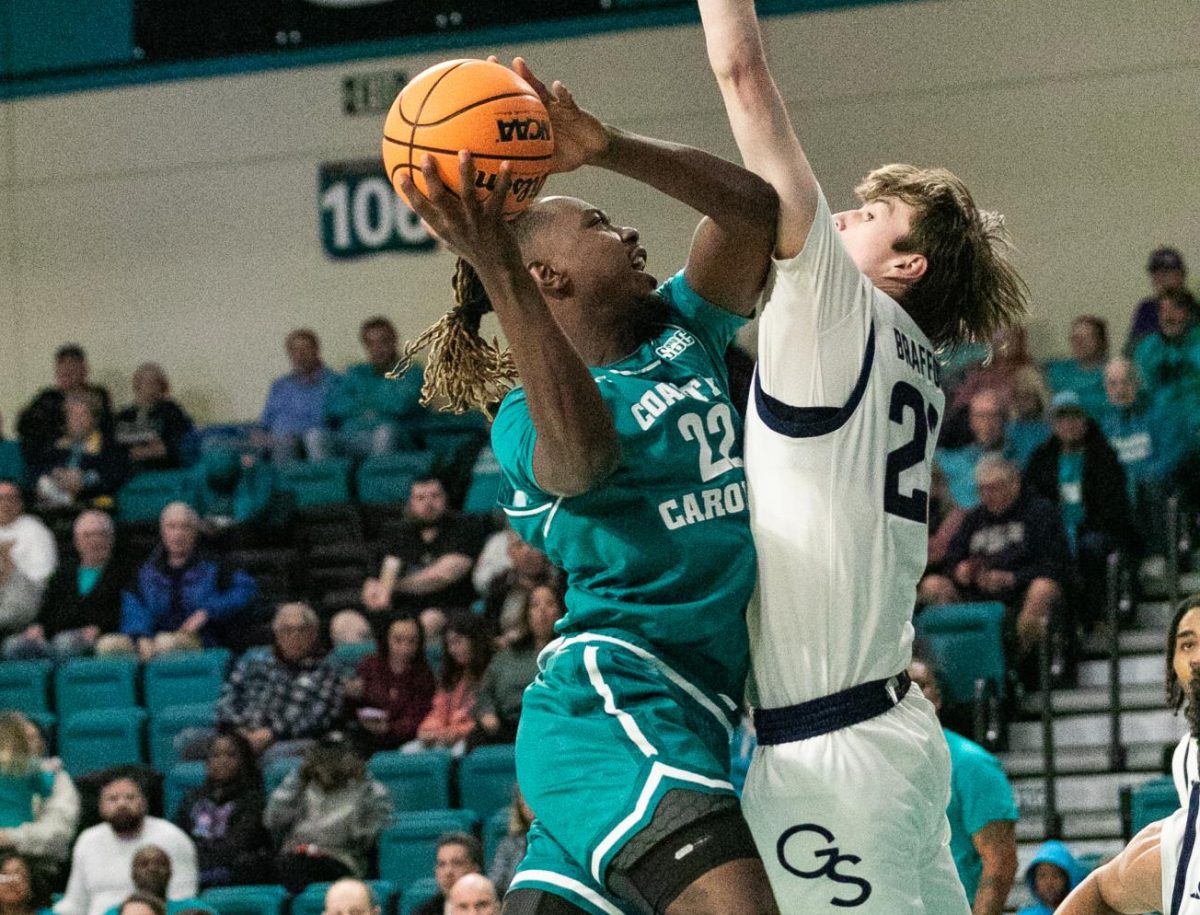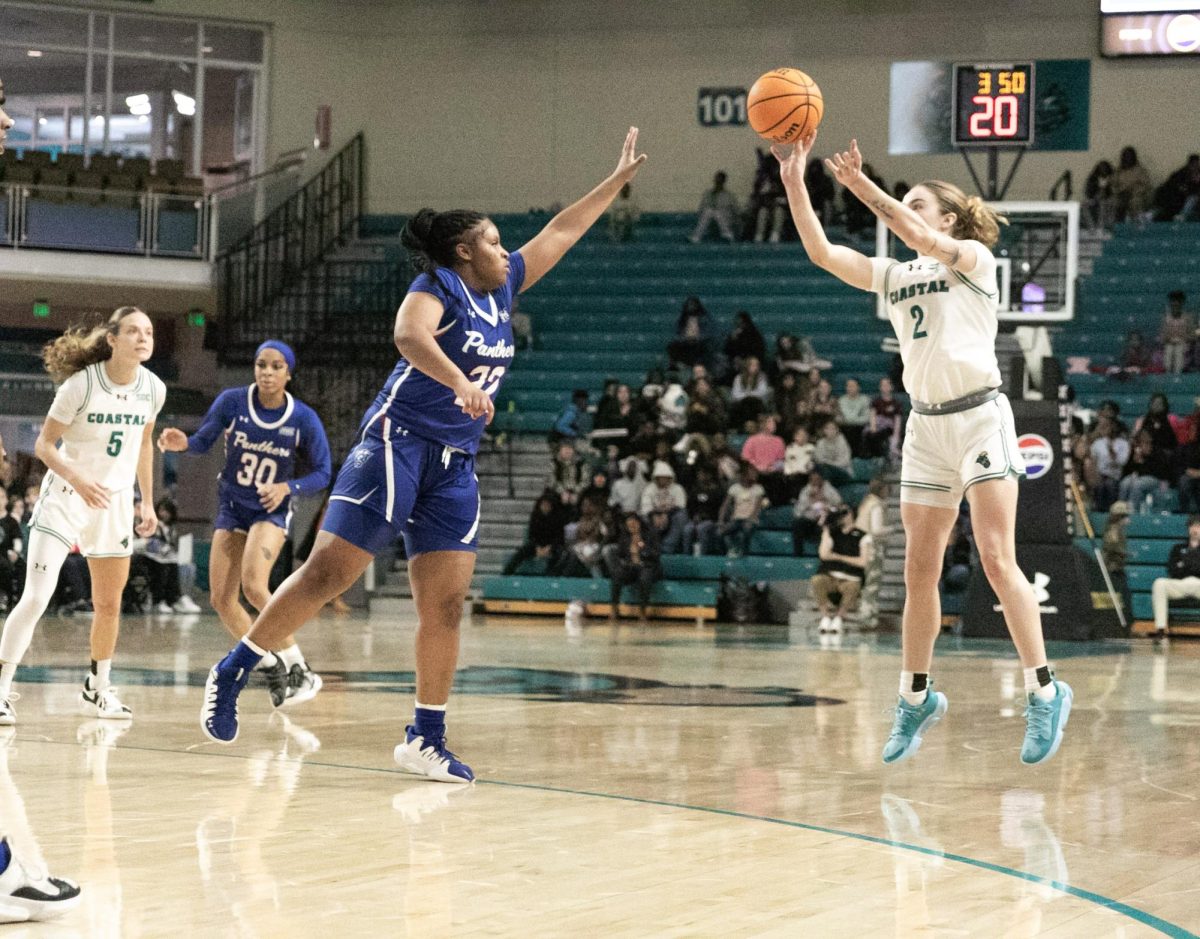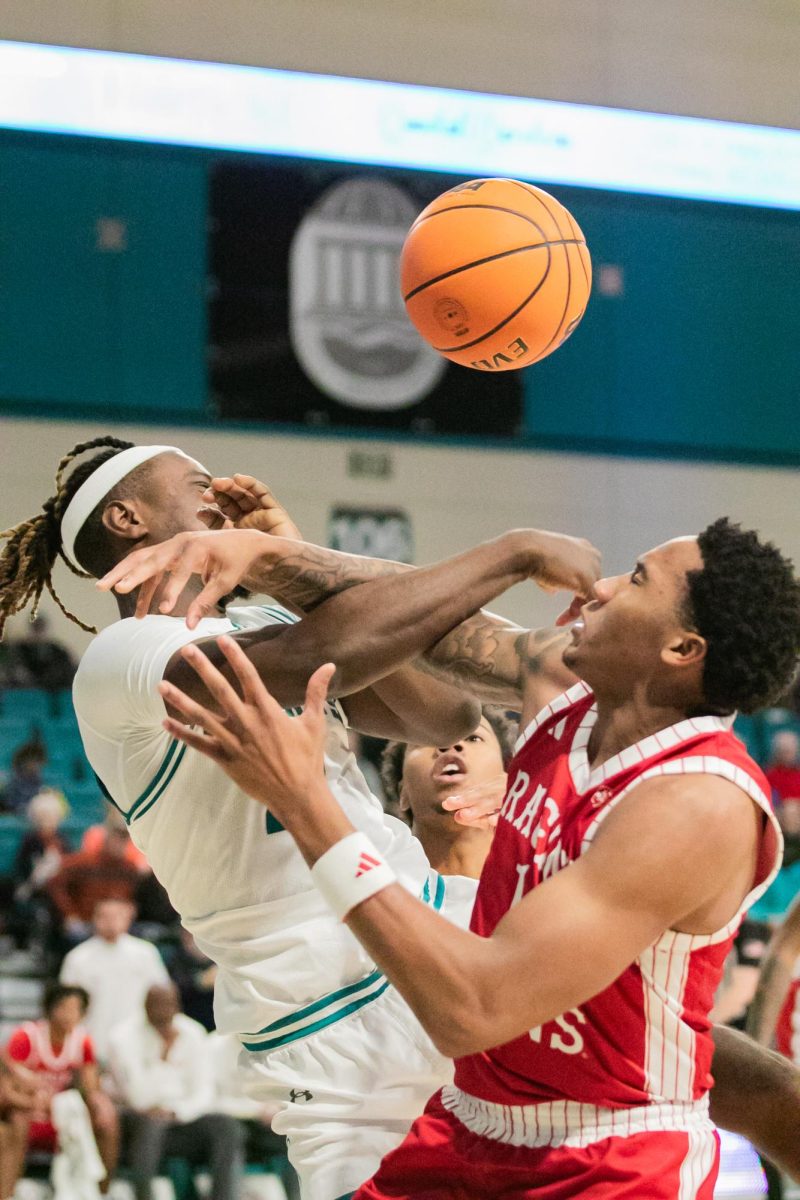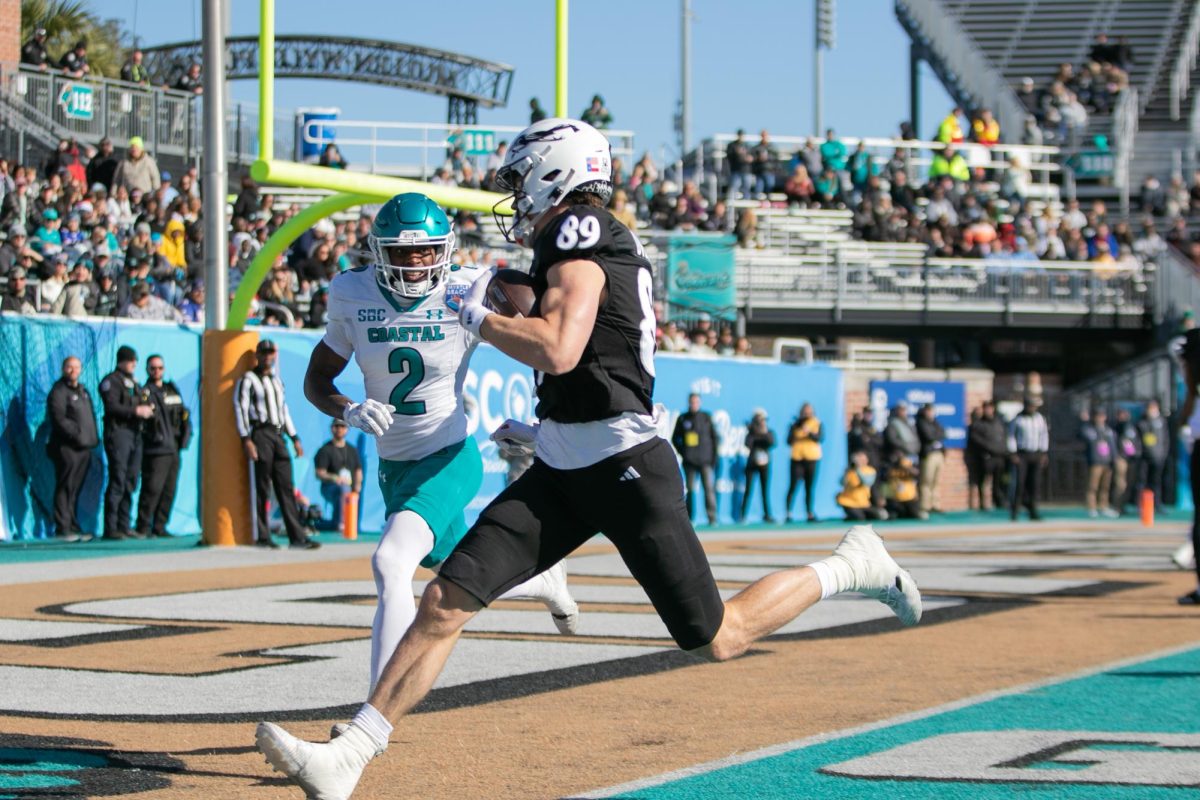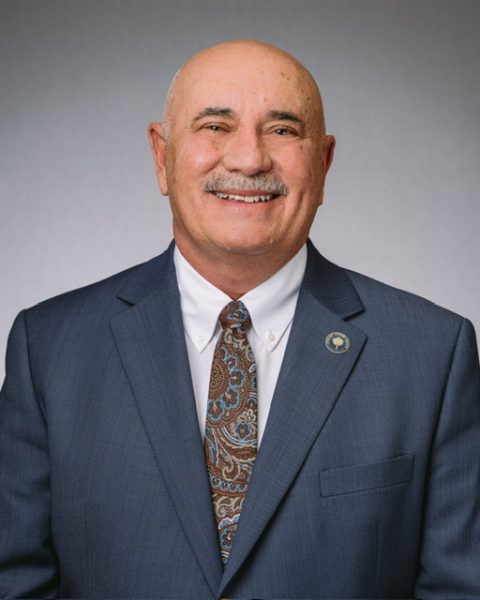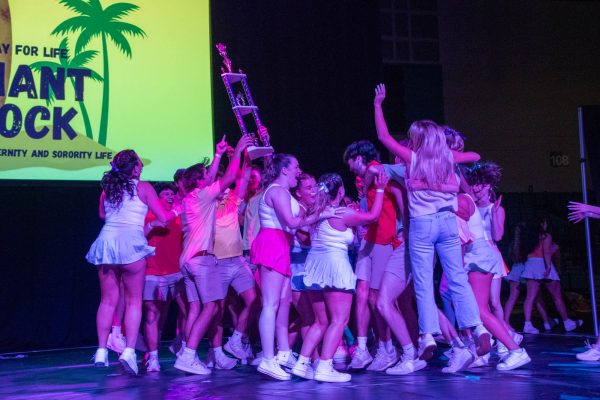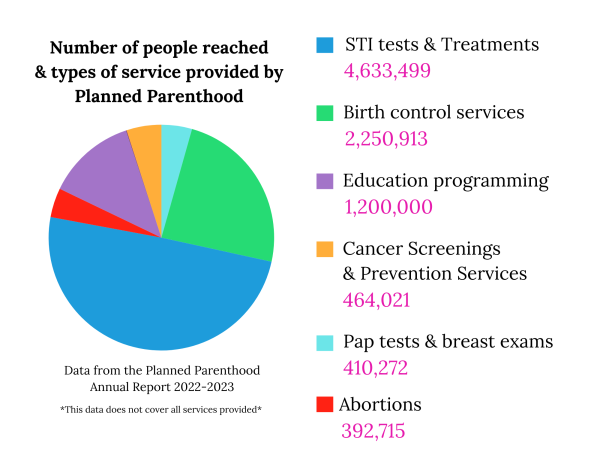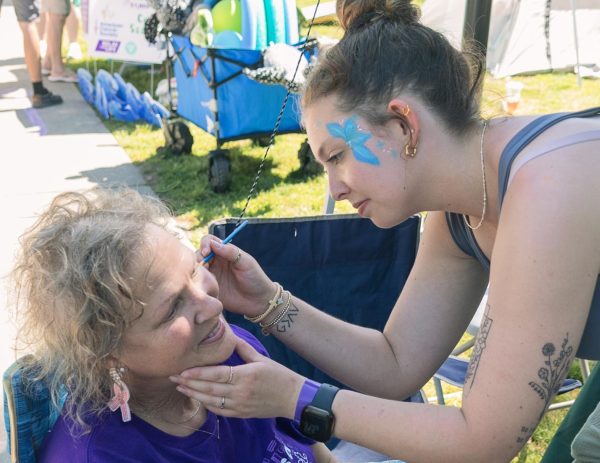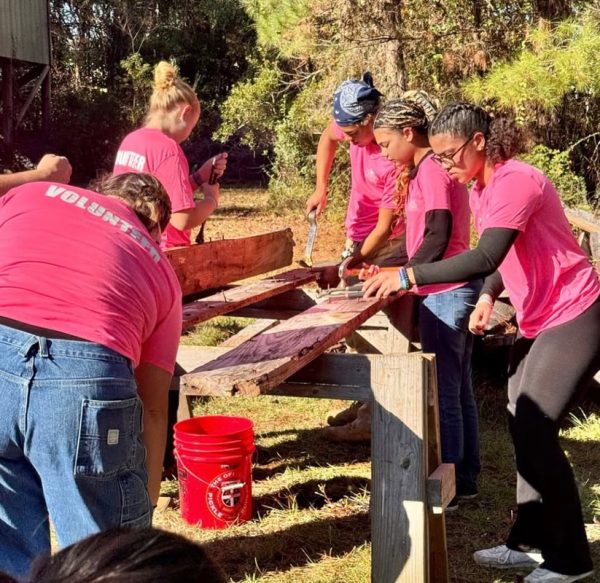Sustain coastal expands on campus
Sustain Coastal recently added new staff members as it works to grow its presence on campus.
The program was founded in 2005 as an initiative for sustainability at Coastal. Sustain Coastal’s campus outreach includes farmer’s markets, thrift shops, recycling and waste management programs, and more. Jeremy Monday, senior director of campus environments, said the program’s focuses on creating a more sustainable and environmentally conscious campus.
“We’re here to transition this place into an environmentally sustainable university through operations, curriculum, education and outreach, and also collaboration with the community,” Monday said.
For example, the Zero Waste Football program encourages football fans to sort their waste, recycling, and compostable materials inside Brooks Stadium. The program started as an annual event, but Coastal now has a zero-waste initiative at every home football game, including the homecoming game on Nov. 13.
Two new staff members, Darcy Coughlan and Cassie Ratliff, were hired this fall to support the program’s expansion.
Coughlan, the program’s associate director, previously worked with the HTC Honors College where she taught an intro to sustainability course. She was also the adviser for the sustainability and coastal resilience major.
“We all share the same mission and goals,” Coughlan said. “We’re here because we care about the university and want to make it as sustainable as possible.”
Ratliff, a Coastal alum, is the program’s sustainability coordinator. She graduated in 2017, and started her work with Sustain Coastal as an EcoRep leader during her time as an undergrad.
Ratliff said she is excited to work toward expanding the program, especially with the perspective of a previous student, and to ensure students benefit from their experiences with Sustain Coastal.
“I want students to know that they really have the power to be the change,” she said.
Teaching the importance of reuse is a big part of teaching sustainability. One event that has gained a lot of attention from students is the Pop-up Thrift Shop.
This event encourages students to buy items second-hand for $1. Not everyone can afford to go out and spend money on new clothes, especially during college. This gives students access to affordable clothing while helping prevent textile waste in landfills.
A campus salvage program coordinated by Sustain Coastal reduces the amount of waste created during move-out. Every spring, pods are placed outside of residence halls. These bins collect clothing, furniture, appliances, and any other items that students feel they no longer need or do not want to take home.
The Farmers Market held monthly on Prince Lawn continues to excite students and faculty as well. Sustain Coastal partnered with the Waccamaw Market Cooperative to encourage students to support local businesses and gives them the opportunity to buy fresh produce and handmade products without leaving campus.
Many efforts have been made within the dining halls as well. Sustain Coastal worked with the CCU Food Crew to reduce food waste through composting, offer more plant-based options, and reduce the amount of single-use products.
“Meat is one of the most polluting industries,” Coughlan said. “If you can’t give up meat, maybe make a decision to go meatless one day out of the week, or even one meal.”
Sophomore Joseph Whitney works in the Sustain Coastal office. Whitney is a biology and sustainability double major. Coughlan recruited him to get involved with the program.
“I wanted to move towards a position on campus that was more towards my major and what I wanted to do in the future,” Whitney said.
Currently, Sustain Coastal is working on completing an assessment program that will provide Coastal Carolina with a sustainability rating from the Association for the Advancement of Sustainability in Higher Education STARS assessment. The program also plans to complete a greenhouse gas emission inventory by the end of next summer.
